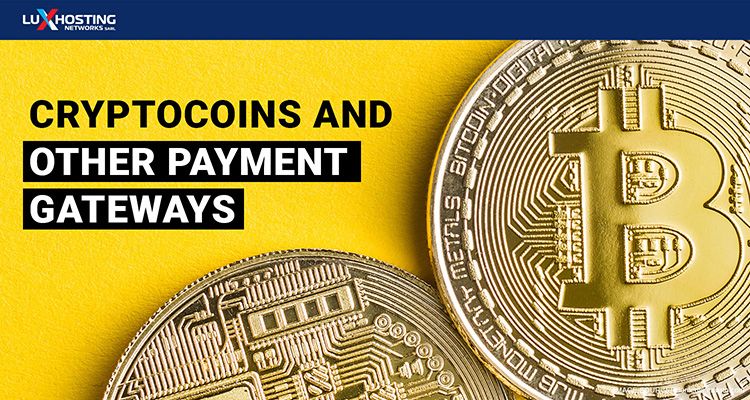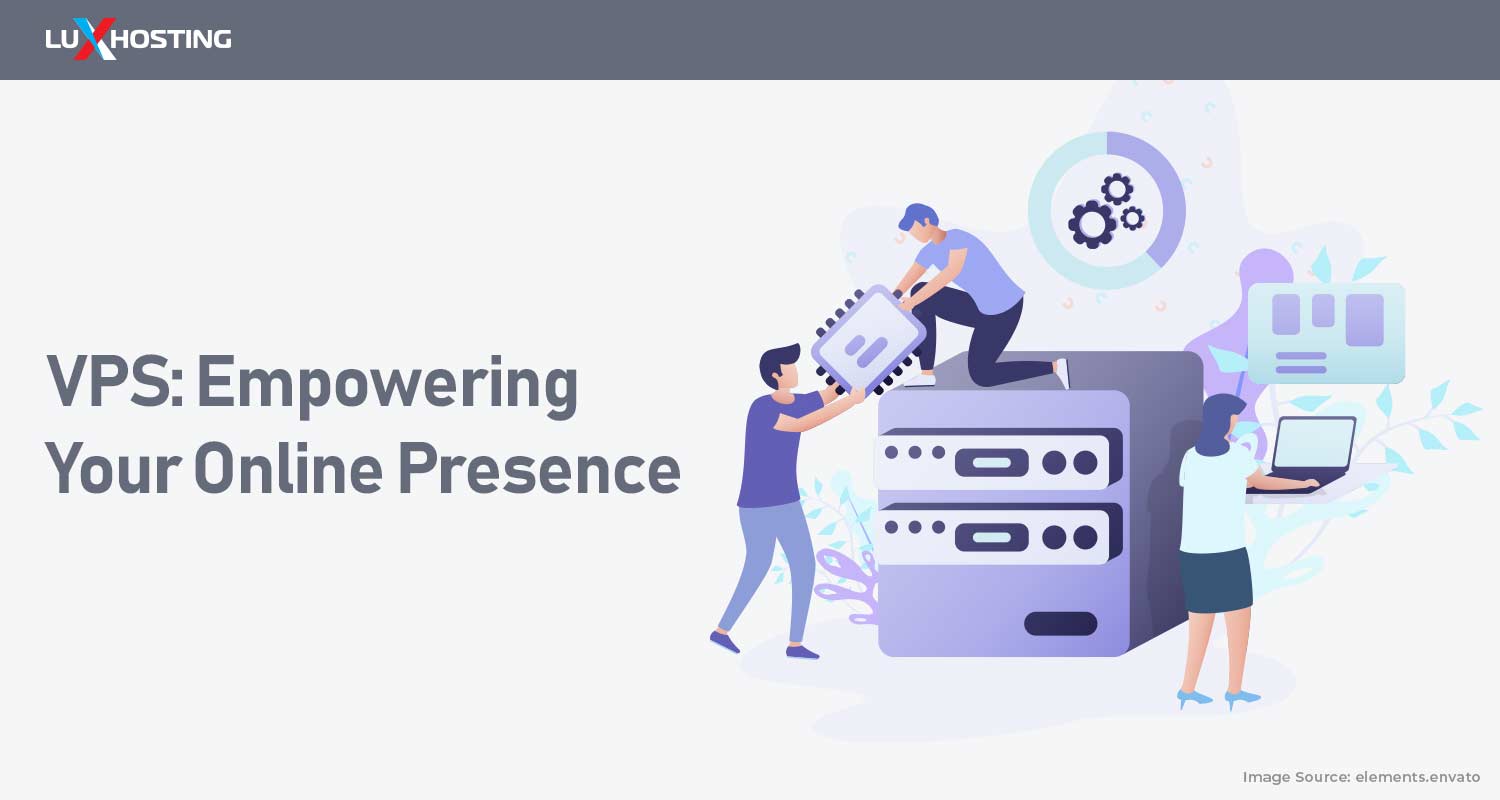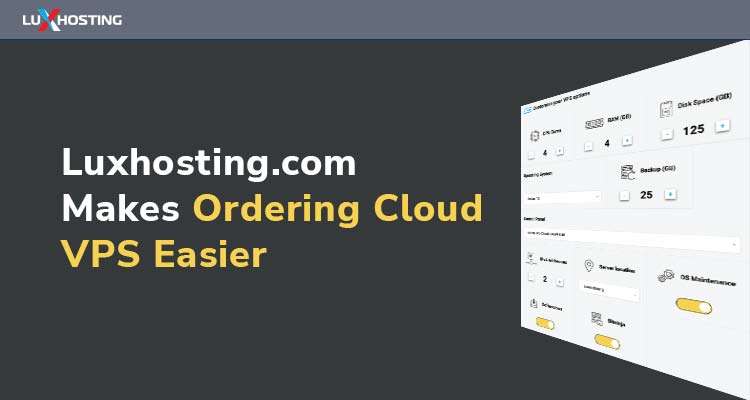As internet technology continues to make leaps and bounds in the name of progressive innovation all businesses online must evolve to keep up with the competition. It goes without saying that to do this you cannot limit your business by only accepting traditional forms of payment through online transactions. Times have changed. Now online users are trading in a different type of currency and utilising alternate payment gateways to complete purchases. Yes, you’ve guessed it, we’re talking about cryptocurrency. It was first introduced in 2009. While there were concerns over the fragile yet volatile nature of the markets, cryptocoins are here to stay. As it stands there are now hundreds of varieties of cryptocurrencies in trade today. When it comes to the digital currency, however, it all started with Bitcoin.
What is Bitcoin?
Bitcoin is the first cryptocurrency designed to pay for goods and services just like the dollar, euro, pound, yen, etc. It is digital or electronic cash that has monetary value but no physical denomination. You have seen the emblem of Bitcoin on a gold coin but it’s symbolic, you cannot hold bitcoin in your hand and give it to someone like you would material currency.The differences between Bitcoin, other cryptocurrencies and regular currencies:
- Decentralised—there is no government or central bank that controls the currency supply.
- Digital—there are no physical cryptocurrencies, Bitcoins, or Bitcoin bills. The currency exists entirely online, tracked by blockchains, which are growing groups of records that provide a complete history of each Bitcoin and ensures double spending doesn’t occur. (Blockchain technology allows you to track the exchange of bitcoins, for example, imagine that you could use the serial number on a twenty-dollar bill to search every single time it changed hands.)
- “Pseudo-Anonymous”—Bitcoins linked to a wallet ID as opposed to your personal information. It doesn’t make it entirely anonymous. The draw to Bitcoins lies heavily on the elimination of the middleman and traditional banking systems with hefty fees and rates. Because cryptocurrency exists entirely online as a peer-to-peer system, all transactions are made from your wallet ID and your personal information is kept anonymous.
How Anonymous is Anonymous?
In reality, cryptocoins do not have perfect anonymity. A crafty hacker, cybercriminal or government agency can possess the means to link Wallet ID with their holder’s information, they can track anything. And while crytocurrency transactions are transmitted securely over a peer-to-peer network (the anonymous aspect) the system isn't fool-proof. For example, if a hacker can connect multiple nodes on a cryptocurrency network, the accumulated data collected from various nodes may perhaps be enough to determine where a transaction originated. Additionally, cryptocurrency can be linked to real identities—if those identities are coupled with the cryptocurrency addresses in some way. This can include addresses utilised to deposit or withdraw money to or from an exchange or wallet. As we’ve stated earlier, crypto-transactions are logged on a blockchain which ensures authentication and encryption across the peer-to-peer network. This architecture ensures that the system does not reveal the identity of the individual or company sending and/or receiving the cryptocurrency, thus pseudo-anonymity. So, if a keen individual or hacker was able to find your address and unique private key then in theory, they could steal your cryptocoins. Evidently, there are no refunds and tracing of transfers; if you send a payment by mistake it is highly unlikely you could reverse the transaction.
How much Bitcoin is in Circulation and Where to Buy?
The Bitcoin system was designed to ensure that there is always a high demand. Only a maximum of 21 million Bitcoins exist. This makes these cryptocoins even more valuable setting the stage for mining. In fact, as of fall 2018, only 17.3 million Bitcoins had been mined. The idea of mining for Bitcoin can be likened to the gold rush of times gone by. Mining Bitcoin is expensive, requires specialised software that can solve complex math problems in order to uncover the Bitcoin floating in cyberspace. You can buy Bitcoins with actual cash, debit, and credit cards. However, before you invest in cryptocoins you first need to create and establish a wallet with a wallet ID that will hold all your Bitcoin and other cryptocurrencies. You can also purchase various types of cryptocurrencies from trusted carriers. Before doing so set up your Wallet ID.
You have 3 options for creating a cryptocurrency wallet:
- Purchase a software wallet stored on the hard drive of your computer.
- Use an online service that secures bitcoin in a web-based wallet.
- A ‘vault’ service that stores your bitcoin wallet offline or ‘multisig’ wallet that uses several keys to protect the account. Each wallet has pros and cons, but the first two have the most drawbacks. You’ll want to back up your computer regularly and use top-notch security software and an adequate firewall to deter hackers if you store bitcoins on your computer and online services are also susceptible to hackers. If you’re an everyday user, these online services are your best option, once you don’t require complete anonymity and don’t mind the long setup procedures. However, some people believe that this erases the point of Bitcoin and its anonymity. Here’s a list of the foremost wallets and exchanges around the world. So how much a single bitcoin is worth? That’s a hard question to answer because it fluctuates constantly. At the time of writing, Bitcoin is worth €9.218 Eurodollars (an all-time high).
Cryptocurrency for Secure Online Payments
The payment and verification process associated with cryptocurrency’s peer-to-peer payments makes the system secure and airtight. The greatest risk comes from someone hacking your crypto coins address and public/private keys in order to steal your crypto coins. This allows you to make instant transactions quick and easy. There is no need for often time-consuming regulatory checks, and companies only receive the public key relating to a cryptocurrency. This means that those scouring through public records to search for cryptocurrency transfers could only send money to your public wallet. They will never have access to your private key and funds. In many ways, the security aspect of all cryptocurrencies, in general, is more concentrated on protecting your crypto coin address, public, private keys and password protecting your computer. In a lot of ways, it is the nature of the cryptocurrency payment process, blockchain, which makes it so secure with only the transfer system having access to your public and private keys.
Use Cryptocoins for Everday Purchases
In the United States and other countries around the world, Cryptocurrency Kiosk machines are making it easier to buy, sell and bitcoin in grocery stores. Think of the Kiosk as the Crypto version of an ATM. Other Coinstar machines allow you to convert cryptocurrency to cash to make payments. In fact, to date, there are over 4,000 cryptocurrency and bitcoin ATM machines around the world. Allowing anyone to withdraw cash denominations from their cryptocurrencies, in some cases insert cash to purchase the digital coins or sell them. Either way, using crypto cash is becoming more accessible to the average person. The future for Cryptocurrency seeks to ensure that more and more people have access to owning the digital coins. With crypto-credit cards, more automated kiosks and world-wide merchants accepting the currency for goods and services. According to calculations by Chainalysis, a company which tracks the use of cryptocurrencies around the world, in 2017, consumers used a monthly average of $190.2 million (£151.5 million) on merchant services. Everyday online shopping is now easier with cryptocurrencies. For example, on Purse.io, you can shop online with your cryptocurrency, and even purchase products from Amazon. In addition, companies like GoCoin assists merchants in becoming bitcoin-friendly.
Pay for your Hosting with Cryptocoins
[embed]https://www.youtube.com/watch?v=RIdRsgf3EtI[/embed] Naturally, web hosting companies would seek to utilise the currency of the digital age and embrace cryptocurrencies. In fact, the Bitcoin and other cryptocurrency payment gateways have grown in popularity with Hosting. The features of enhanced security, quasi-anonymity, autonomy due to decentralisation of the currency is attractive to many online companies. Hosting in Luxembourg is one of the most secure options for your online business. In fact, Luxembourg falls in the top countries for data safety. Read more about it in this article. Here at Luxhosting.com we have expanded the number of cryptocurrencies we accept. For your convenience, you can now pay for your hosting services from a selection of more than 50 difference cryptocurrencies which include:
- Bitcoin
- Litecoin
- Ethereum
- Bitcoin Cash
- And more.
 Bitcoin (btc) Bitcoin (btc) |
 Monaco (mco) Monaco (mco) |
 er (eth) er (eth) |
|---|---|---|
 Litecoin (ltc) Litecoin (ltc) |
 Link (link) Link (link) |
 Bitcoin Cash (bch) Bitcoin Cash (bch) |
 Sirin Labs (srn) Sirin Labs (srn) |
 Telcoin (Tel) Telcoin (Tel) |
 Nano (nano) Nano (nano) |
 Ethereum Classic (etc) Ethereum Classic (etc) |
 Zcash (zec) Zcash (zec) |
 Dogecoin (doge) Dogecoin (doge) |
 Golem (gnt) Golem (gnt) |
 DigixDAO (dgc) DigixDAO (dgc) |
 Wings DAO (wings) Wings DAO (wings) |
 Decred (dcr) Decred (dcr) |
 Stellar (xlm) Stellar (xlm) |
 Basic Attention Token (bat) Basic Attention Token (bat) |
 Aragon (ant) Aragon (ant) |
 Bancor Network Token (bnt) Bancor Network Token (bnt) |
 EOS (EOS) EOS (EOS) |
 TenXPay (pay) TenXPay (pay) |
 OmiseGO (omg) OmiseGO (omg) |
 0x Protocol Token (zrx) 0x Protocol Token (zrx) |
 Qtum Ignition (qtum) Qtum Ignition (qtum) |
 Srotj (STORJ) Srotj (STORJ) |
 FunFair (FUN) FunFair (FUN) |
 Bitcoin Gold (btg) Bitcoin Gold (btg) |
 DigiByte (dgb) DigiByte (dgb) |
 District0x (dnt) District0x (dnt) |
 Power Ledger (powr) Power Ledger (powr) |
 Populous (ppt) Populous (ppt) |
 Bread (brd) Bread (brd) |
 Noah (noah) Noah (noah) |
 Binance token (bnb) Binance token (bnb) |
 Polymath (poly) Polymath (poly) |
 Kyber Network (knc) Kyber Network (knc) |
 TrueUSD (tusd) TrueUSD (tusd) |
 Mithril (mith) Mithril (mith) |
 XRP (xrp) XRP (xrp) |
 Dash (dash) Dash (dash) |
 Augur (rep) Augur (rep) |
 iEx.ec (rlc) iEx.ec (rlc) |
 Civic (cvc) Civic (cvc) |
Which alternate gateway do you use?
Our company is a progressive one and we welcome alternative payment options. That's why we've provided this complete list of alternative payment gateways accepted for all website hosting solutions and allied services. So don't wait to register your domain. and contact our support for updates on newly added coins. Let us know what you like to use. You can comment on our Facebook page and follow our page for frequent updates.



